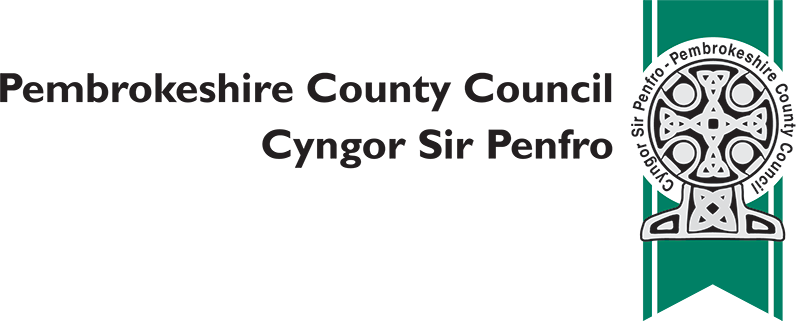
Council officers conduct visits in response to Avian Influenza incident
Swyddogion y Cyngor yn cynnal ymweliadau mewn ymateb i ddigwyddiad Ffliw Adar
Following the identification of Highly Pathogenic Avian Influenza in poultry at a site near Roch in Pembrokeshire, a declaration of an Influenza Protection Zone and wider Surveillance Zone surrounding the Infected Premises has been implemented by the Chief Veterinary Officer for Wales.
Officers from Pembrokeshire County Council’s Public Protection Division will be visiting addresses within the 3km Protection Zone around the site, to identify locations where poultry and/or other captive birds are kept and to provide information on restrictions that currently apply to help prevent the spread of disease.
The Council’s officers are working in support of veterinary colleagues from the Animal and Plant Health Agency who are managing the response to the incident.
A map showing the extent of the zones and restrictions that apply can be seen on the Welsh Government website:
It is vital keepers of birds remain vigilant and ensure they have the very highest levels of biosecurity in place.
National Poultry Register
As of October 1st, 2024 – there is a requirement for all bird keepers regardless of the size of their flock to officially register their birds.
Which birds are covered by this change?
The new rules cover owners of backyard flocks, birds of prey and pigeon fanciers, but do not affect caged pet birds (excluding any poultry species) kept entirely inside a domestic dwelling, such as a parrot, canary or budgie, which never leaves the property other than to visit a vet or another short-term period.
By registering their birds, keepers will ensure they receive important updates relevant to them, such as on any local avian disease outbreaks and information on biosecurity rules to help protect their flocks.
Bird keepers will need to provide information, including their contact details, the location where birds are kept and details of the birds (species, number and what they are kept for).
Link below to register:
Responsibilities of people who keep birds:
- All keepers of kept birds should be vigilant for signs of the disease such as increased mortality, respiratory distress and drops in food or water intake, or egg production.
- Consult your veterinary surgeon in the first instance if your birds are unwell.
- If you or your vet suspect that avian influenza could be causing illness in your birds, you must, by law, report this to the Animal and Plant Health Agency Wales on 0300 303 8268. This will trigger a disease investigation by APHA vets.
- You must apply strict biosecurity measures to prevent any materials, equipment, vehicles, clothing, feed or bedding that could have been contaminated from wild birds coming onto your premises. Full details and checklist are available here: biosecurity and preventing disease in captive birds.
The UK health agencies advise that the risk to public health from the virus is very low and the UK food standards agencies advise that avian influenza poses a very low food safety risk for UK consumers.
Members of the public who do not keep birds can help by reporting dead wild birds.
If you find dead wild waterfowl (swans, geese or ducks) or other dead wild birds such as gulls or birds of prey, you should report them to the Defra helpline on 03459 33 55 77
These may be collected by DEFRA for examination and avian influenza surveillance, depending on the species and location. It is important not to pick up or touch any sick or dead birds.
